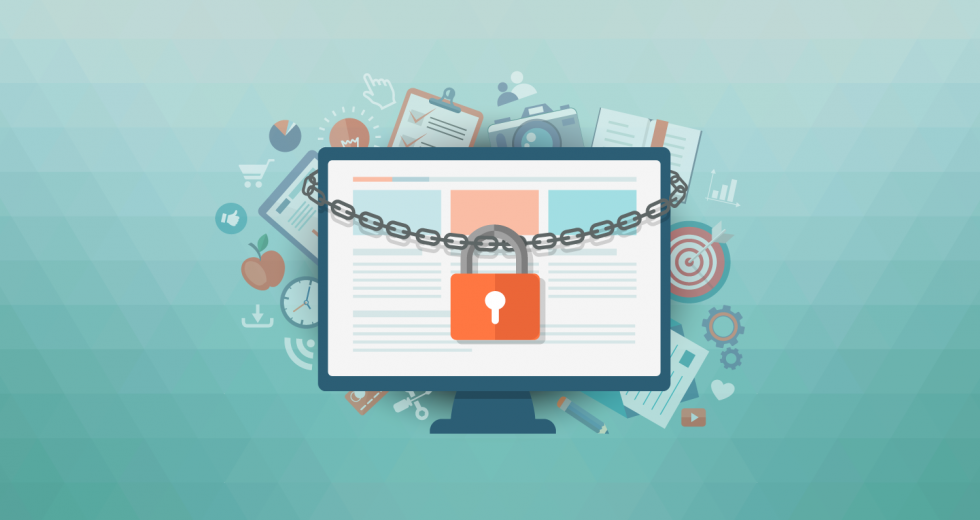California State Sen. Mark Leno is often at odds with his Republican counterparts in the Legislature. But there is one area where Leno, a San Francisco Democrat, has regularly found bipartisan agreement: protecting consumers’ digital privacy.
The latest example is the Electronic Communication Privacy Act, a Leno bill that took effect in January, which requires police to obtain a warrant before searching through a person’s smartphone. It also requires a warrant for police to use a GPS to physically track and someone and gain access to their email, laptop, tablet or other personal electronic devices. The bill was co-authored by Sen. Joel Anderson, a San Diego Republican and one of the Legislature’s most staunchly conservative members. It drew strong bipartisan support in both legislative chambers as well as major backing from tech titans like Google, Apple and Facebook. It even garnered support from the California Chamber of Commerce, an organization that has labeled many of Leno’s bills over the years as “job killers.”
Even so, it wasn’t an easy lift. Leno had originally put the bill’s three main provisions into separate measures, all of which lawmakers passed and sent to Gov. Jerry Brown, over each of the previous three years. But Brown vetoed all three, saying they would hinder law enforcement. So this time Leno put all three into one bill (SB 178) and included exceptions that allow police to bypass the warrant requirement in emergency situations. That satisfied Brown, who signed it last October.
Finally getting it over the finish line was gratifying to Leno. “Data privacy in the California legislature is not a partisan issue,” he says. “It’s a constitutional issue.”
But it is also one that lawmakers often struggle with. While technology can turn on a dime, legislation is usually more like turning an aircraft carrier. And with many lawmakers not well-versed in how tech works, it can be a challenge to get them to grasp why a bill might be critical.
“One of the bills the governor vetoed was in response to a U.S. Supreme Court decision that said before law enforcement can put a GPS device on your automobile and follow you around, they need to get a warrant,” Leno says. “Well, law enforcement doesn’t need to put a GPS device on my car because I’ve got one in my pocket [via my cellphone]. So doesn’t it make sense that they need to get a warrant before they can buy my geolocation information from my cell phone carrier?”
“Why should a valentine in your mailbox have more legal protection from search and seizure than a personal electronic communication that you have in the cloud with your intimate partner, your doctor, your lawyer, your banker, your investor? It doesn’t make sense,” he adds.
Another major need, he says, is for Congress to take a new look at the Telecommunications Act, the federal law that sets standards for all forms of electronic communication, which hasn’t been updated since 1986. A short list of all the technologies now in everyday use that didn’t even exist then would fill this blog post.
“The standards they put in place then just don’t have any meaning today,” says Leno. “We now communicate digitally and our laws should reflect that.”
But with Congress moving at a speed that would make that aircraft carrier look like a spinning top, states are where the action is for digital privacy. In that regard, Leno has one more major privacy goal before he terms out in November: requiring operators of cell phone applications to obtain a user’s consent before collecting, using or sharing that person’s GPS location information, something he says “impacts everybody, but particularly children.”
It could be another tough sell, but Leno is used to that. He was also the author of landmark legislation requiring cell phones to have a kill switch, so they would be useless to thieves. As logical as that sounds, the bill drew significant resistance from the tech industry. But Leno eventually won out, and the bill became law in 2014.
“I’m drawn to issues that are illogical,” he says. “I love having somebody argue back at me with something I know is illogical on its face.”
Check out Rich Ehisen’s full interview with Sen. Mark Leno in our February installation of Discourse, “Share and Share Alike.”



